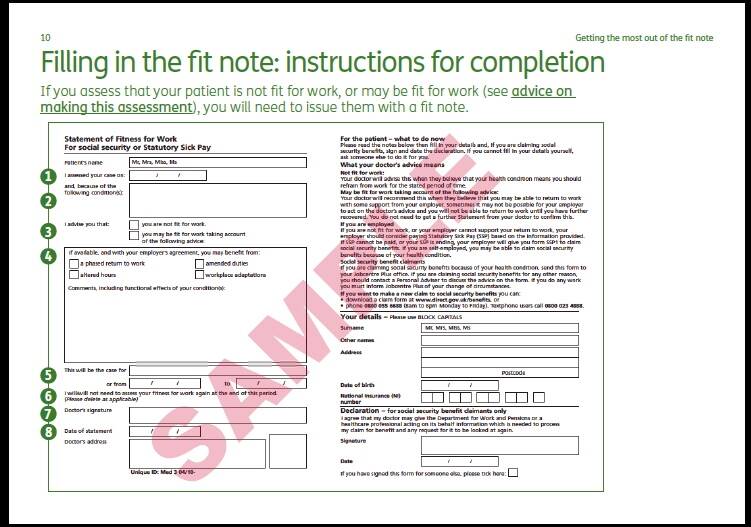For Australian employers, unplanned absences caused by sickness real or feigned are an ever-present and significant cost – one with the disturbing habit of spiking on days after weekends or public holidays. After Australia Day in 2012, car manufacturer Toyota noted that employee absences affected about one-third of its total workforce. This lackadaisical approach by Toyota employees may well have been a factor in the company’s decision to quit manufacturing in Australia. With average days lost per employee in the vicinity of 8.75 day a year, the cost to the Australian economy of absenteeism in lost productivity and wages has been put at about $28 billion every year. Though workers who ''pull a sickie'' or ''take a duvet day’’ contribute significantly to that figure, it is arguable that the absences caused by long-term sickness are a greater burden on business. When those absences become permanent, as they sometimes do, the costs (in the form of disability benefits) are transferred to the taxpayer. That it is in the interests of employers and governments to get employees back to work faster would seem to be manifest, which is why the Coalition is paying close attention to a British initiative intended to do just that.
Subscribe now for unlimited access.
$0/
(min cost $0)
or signup to continue reading
A review into sickness absence ordered by the Conservative government of David Cameron in 2011 put forward a number of recommendations intended to help reduce the incidence of workers claiming sickness or disability benefits – based mainly on new approaches to managing those absences by employers and doctors. However, it was the introduction of ''fit notes’’ in 2010 that have aroused most interest in Australia, particularly from the federal government and workplace insurer Comcare.

Instead of issuing sick notes to people advising their employers they were unable to work, doctors were obliged instead to complete a statement of fitness for work indicating whether or not that person’s health might allow them to work if they received suitable support from their employer. The introduction of fit notes drew a mixed response from doctors and employers, and as a result the sickness absence review suggested that GPs be given more guidance on filling out statements. It also recommended that independent panels of health experts be convened to sign off on workers’ sick leave, rather than just one family doctor.
Dame Carol Black, health adviser to the Cameron government and one of the two leaders of its sickness absence review (she also led the review that saw the sick note replaced), is in Australia this week spruiking the virtues of fit notes. With the Abbott government believed to be keen to test the idea among Canberra doctors, there is every possibility the British idea will be adopted at some point. This would be no bad thing given Australia’s rate of work absenteeism is substantially higher than England’s, where the annual per capita average for time off due to illness is about five days.

The British experience suggests that educating GPs, particularly in the intricacies of workplace rehabilitation, would be crucial to the successful introduction of fit notes – as would raised awareness of the fact that going back to work early after sick leave actually aids recovery. As Dame Carol said this week: ''If somebody labels you as sick, you emotionally and mentally start to think of yourself as sick. We now know that people who are not in work are not as well mentally, are not as well physically, and some of the results show that they die earlier.''
There is no reason why an employee signed off for months on end with back pain could not, in the right circumstances, work a little from home or come into work under reduced hours with reasonable adjustments made to the role. Fit notes would facilitate this. Employers also have a role to play in reducing absenteeism by encouraging their employers to keep fit and healthy, and by providing work, where possible, that is challenging and fulfilling.
Australia’s culture of sickies is seen by many businesses as a problem that won’t go away. As such, many manager cannot be bothered to manage it properly. The commonsense approach of fit notes may just be the antidote to this malaise.

